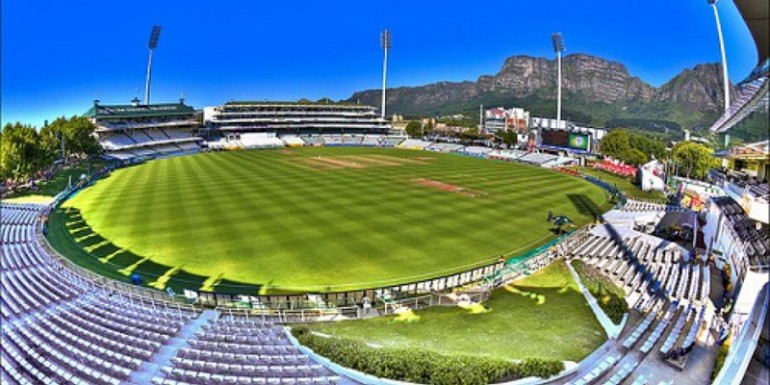Sponsored Listings:
In the last 22 years, South Africa’s (SA) sports tourism and events industry has successfully delivered some of the most iconic moments in world sport starting with the 1995 Rugby World Cup, the 1996 African Cup of Nations, the 2003 Cricket World Cup, the 2010 FIFA World Cup, the 2014 World Mountain Bike Marathon Championships and the 2016 Ironman African Championships Triathlon Series. Each one has played a central role in raising the international profile of the country on the world stage while at the same time attracting millions of tourists to enjoy its wonderful climate, culture and people. They have also inspired a new generation of business entrepreneurs who are capitalising on their success by creating a series of lifestyle events in cycling, swimming, trail running and adventure sports targeted at the mass participation end of the market.
These new entrants are challenging the market dominance of more established operators such as those running the Absa Cape Epic, the Cape Town Cycle Tour, the Comrades Marathon, the Midmar Mile, the Two Oceans Marathon, the Dusi Canoe Marathon and the Nedbank Golf Challenge. They are forcing them to sharpen up their commercial operations and the way they communicate with their customers.
With so much competition in the market for consumers’ leisure time and money, it would be easy to assume it is in a very healthy state of equilibrium. Where the dominance of established players is being continually disrupted by the arrival of these new entrants. But in reality this is not the case, and it continues to be in a highly fragmented state because of a lack of consensus among all participants about its strategic long-term value to the economy and the role of Government.
South African president, Cyril Ramaphosa, in his State of the Nation Address (SONA) identified tourism as one of the ‘sunrise industries’ for re-building the nation’s economy, and promised to remove many of the burdensome regulations holding back investment opportunities for its future growth and development. This is welcome news for the industry because there needs to be far more clarity from government about the political and economic nexus that binds the three elements (sports, tourism and events) of the industry to each other and how it perceives this tripartite relationship developing in the future to harness its undoubted potential.
According to the Statistics SA 2016 survey of domestic and international consumer spending on tourism, sports tourism’s overall value to the economy was R375b (€24.67b) per annum, employing 1.6m people, which is more than other major sectors of the economy like mining and agriculture.
Despite this, 2017 was somewhat of a ‘watershed year’ at a global sporting level. It all started with Durban’s loss of the Commonwealth Games in March and was quickly followed by the collapse of cricket’sT20 Global League in October. It ended with rugby’s failure to win the 2023 World Cup in November. The unfortunate timing of these setbacks coming one after another in quick succession conveyed a very negative message to the rest of world that South Africa has lost its ‘Madiba Magic’ for the planning and hosting of major events.
But as with all challenges, there are emergent opportunities. The reasons for failure of the above events – be it accurate market research, fair and transparent bidding processes, leadership and governance, or political support at national and local levels – are educational markers for the future growth and development of the market. The following are a few suggestions to drive sports tourism in SA to a greater level of attractiveness to international tourists:
- Develop a not for profit independent advisory board (NFPIAB) over the next six months to create the strategic framework and an action plan that binds tourism, sport and events to each other to unlock their full potential.
- The board would report directly to government and ministers for tourism and sport.
- The board’s mandate would be to advise and review all aspects of the markets in which sports tourism plays.
- A ten-year action plan would be developed for the market.
- And a knowledge bank developed for all sections of the market.
Source: tourismupdate.co.za










